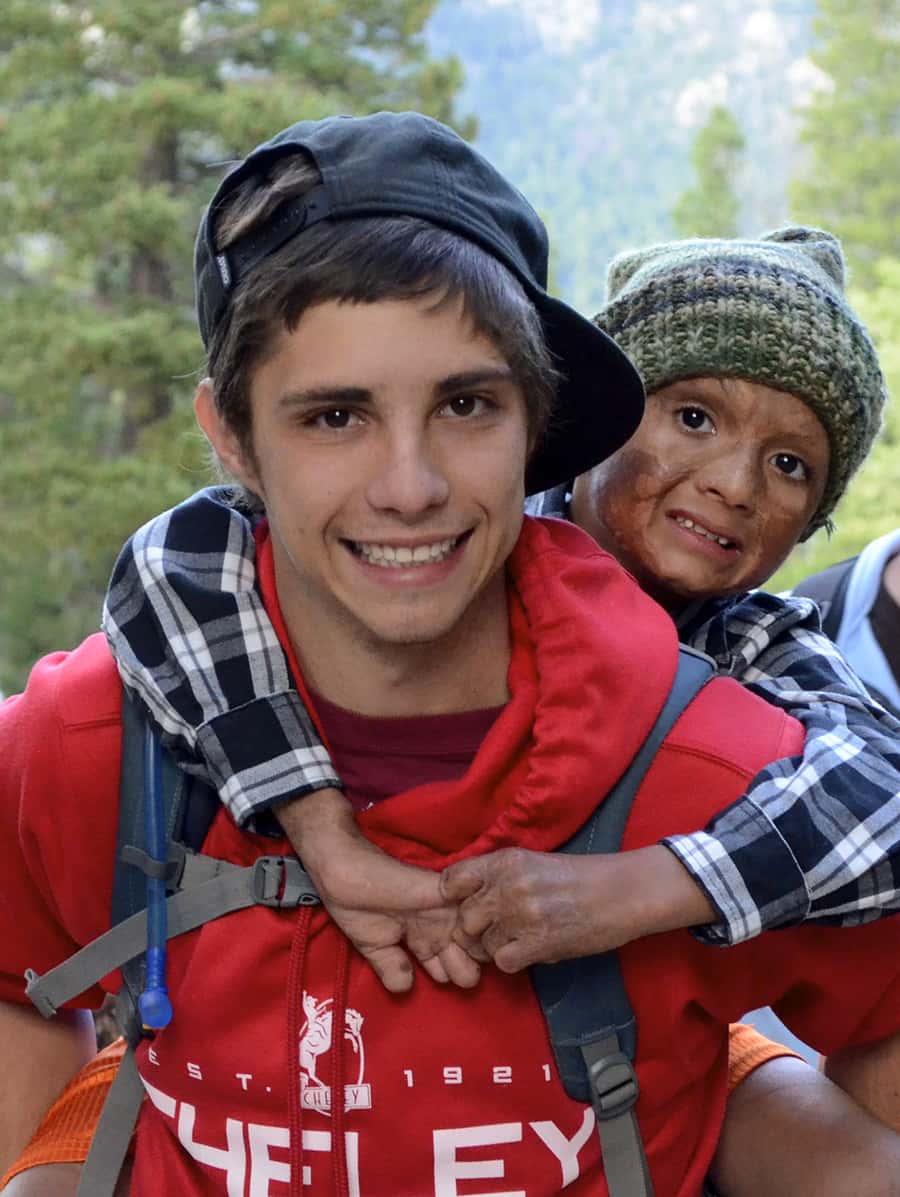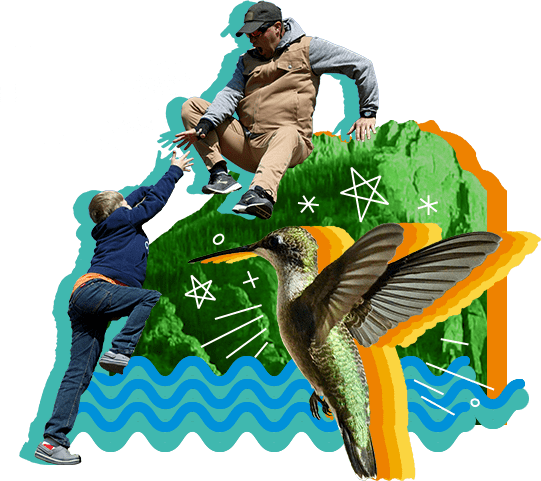Our Culture
Cultural competence
Cultural competence is having an awareness of one’s own cultural identity and views about difference, and the ability to learn and build on the varying cultural and community norms of students and their families. In order to learn about and/or teach cultural competence, it is important to recognize that we all have a culture. Our culture counts. In addition to embracing our own radical identities, it is imperative that we recognize the impact that our cultural experiences have on the way we view others. Culture is in the air you breathe. It is who you are, it is the impact of your childhood and adult experiences (both positive and negative), and it is reflected in the manner in which you interact with other adults and children.
With regard to the campers you serve, naturally an assumption is made about their intellectual capability and backgrounds in part based on your own cultural experiences. Therefore, if you have had limited experiences with people outside of your own culture, it is more likely that many of your assumptions are not completely accurate.
In addition, if your experience with other cultures is limited, you are also left to develop your beliefs about other cultures based on negative images of marginalized groups that are portrayed in the media through negative stereotyping. So how do you combat your own potential misunderstandings about other cultures and ethnic groups? It starts with a genuine desire to do so. It is important to conduct a self-assessment related to your intentions. To be effective, for some it will require a paradigm shift in thinking as it relates to the way in which one views and values people from different backgrounds.


An environment for learning
Burn Camp is an ideal environment for learning about cultural differences and cross-cultural communication. Through interactions with other campers and staff, they observe cultural situations, engage in cross-cultural communication and see how politics, economics and social issues are affected by culture.
When campers interact with various social and cultural backgrounds, it enables them to continually learn from and exchange ideas with people from all over the world. These exchanges allow campers to expand their global knowledge, become culturally aware, work on their interpersonal communication skills, and learn how to become global citizens. While living and learning with young people from all over the world, campers not only learn to work cooperatively as a team but they also gain awareness of the many cultural factors that shape individuals from different regions of the world. As a result of both casual interactions and facilitated discussions, they learn to see other cultures through a more personal lens. By taking the time to get to know other campers on a deeper level, campers also learn much about themselves.
To foster cultural awareness, to instill a desire to learn about other cultures, to help campers recognize culture’s influence on their perceptions of the world, and to provide them with the skills necessary to operate effectively across cultures. This aspect of the program helps teach campers to be proactive and self-directed in their learning. In addition to having campers see themselves as global citizens, our goal is for campers to leave the program with the aspiration of remaining life-long learners.